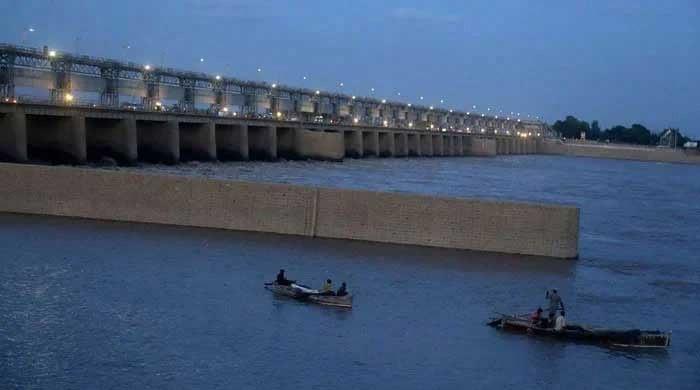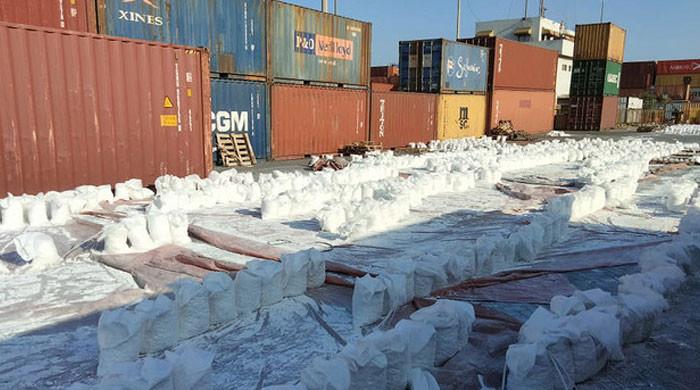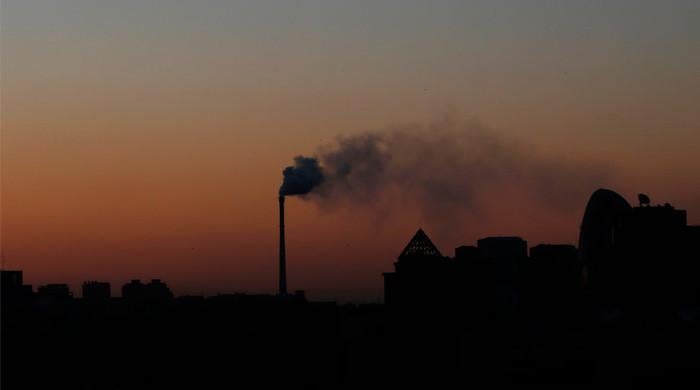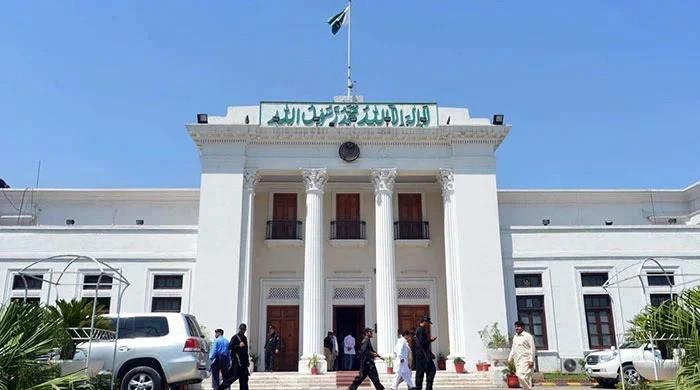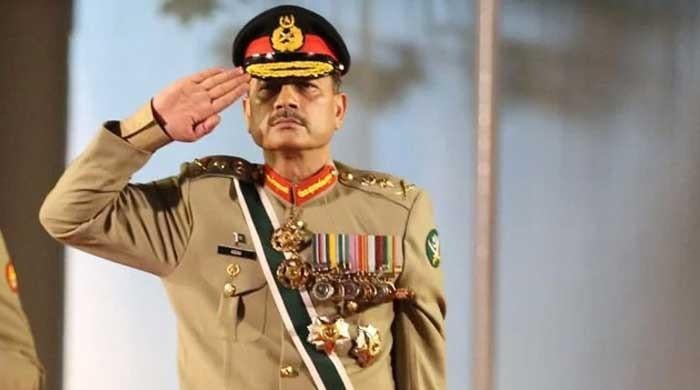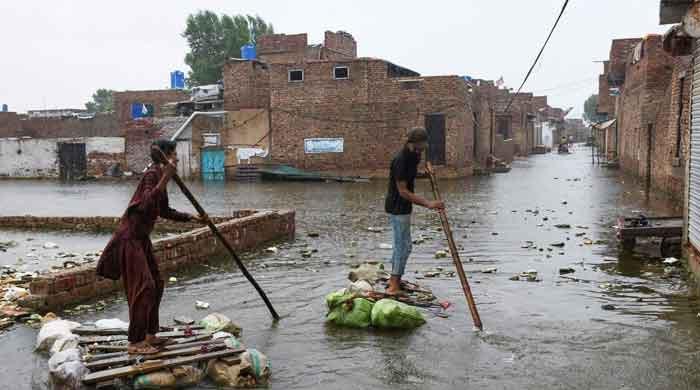Afghanistan’s future: Lessons for India
An analysis of the 'underestimated' importance of regional dynamics in the Afghan peace process
June 26, 2021
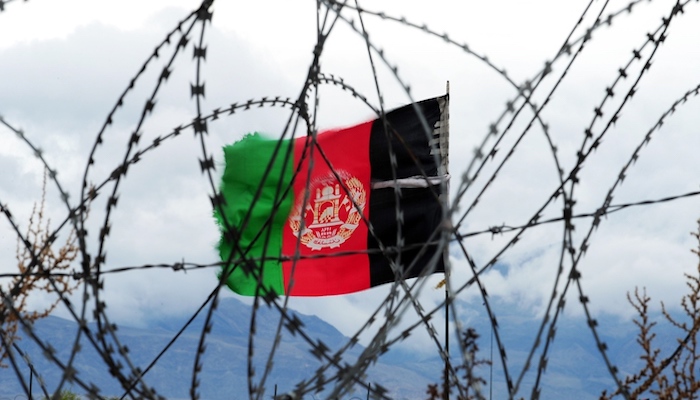
A research paper published by UK’s Royal United Services Institute and NATO Defence College experts on June 16, titled “Regional Powers and Post-NATO Afghanistan,” seeks to analyse the “underestimated” importance of regional dynamics in the Afghan peace process.
The paper shows how the divergent interests of individual regional powers have determined the extent to which they themselves have been instrumental in the negotiations.
The regional picture is also complicated by Western influence, particularly the US, as blocs have been forming in South Asia through strengthening US-India and Sino-Pakistan ties and so the paper suggests that it is not only India, but the US who must be more flexible diplomatically by compartmentalising “existing tensions” with China, as well as with Russia and Iran.
It is clear that peace will be beneficial to powers across the region by allowing greater economic co-operation through regional connectivity, and it will improve the security situation by limiting the activities of militant groups which operate from Afghanistan. But, to facilitate flexible diplomacy, regional powers will have to put aside their rivalries to secure the best possible outcome.
In its five chapters, the paper addresses the roles of regional powers nearest to Afghanistan, including Pakistan, Iran, Russia, China, India, the Gulf States and the Central Asian States.
The paper makes six major recommendations with regards to new approaches in the region, which are based on two major tensions.
The first tension is the change in “the balance of influence between regional powers and the wider international community” where non-Western states have become more influential in matters of regional security. The second tension is between “inclusivity and exclusivity” in balancing what is more effective, big conferences including all relevant parties or smaller, exclusive groups.
The second tension relates to two of the recommendations in particular, that “less is often more” and diplomacy will need to be “more flexible”. These are significant with regards to the different roles of Pakistan and India in the peace negotiations.
The paper suggests that large, inclusive conferences (or “diplomatic grandstanding”) will be less effective than smaller, more exclusive diplomatic meetings. This explains why Pakistan has been more instrumental in the negotiations than India because Pakistan was included in the Troika group organised by Russia, the success of which exemplified the recommendation that less is more.
The exclusion of India from the Troika is because they have not, to date, preempted the other mentioned recommendation, that diplomacy must be flexible.
The paper states that India has “maintained an inflexible approach to the Taliban” due to a suspicion that the Taliban is a mere tool of Pakistan.
In contrast though, Pakistan has been “engaged in all types of Afghan peace initiatives, including the Afghan Peace Negotiations (APN), while reluctantly acting as a facilitator in bilateral talks between the Taliban and the US.” The Afghan government even recognised Pakistani efforts to facilitate the peace process by engaging with the Taliban.
The difference in approaches between Pakistan and India does not mean one of them wants peace and the other does not. It merely reflects how both powers seek to secure their national interests through these peace negotiations.
Peace would be beneficial to Pakistan, and for many other regional powers, because of the opportunities for economic co-operation.
In an agreement in November 2020, bilateral relations were improved as Kabul and Islamabad agreed to “Support Peace and Stability in Both Countries and the Wider Region” through improvements to regional connectivity. The suggestion is that economic initiatives across Central Asian states through South Asia can be given a “new impetus” for completion through a commitment to peaceful, regional connectivity.
While Pakistan has supported the deal between the US and the Taliban, Indian officials “remain suspicious of a deal for the future of Afghanistan that had not involved the Afghan government; had been signed between the US and only one of the two parties to the conflict; and had been brokered by its arch-rival Pakistan,” states the paper.
India’s support of the deal is repeatedly described in the paper as rhetorical but that its “pragmatic” and “minimalist” position towards Afghanistan is to seek an end to international terrorism and ensure the absence of any “safe sanctuaries” for anti-India terror groups.
However, India has extended its influence in Afghanistan through soft power, not by deploying troops, having “committed more than $3 billion for civil reconstruction and development” since 2001. But this means that, though India has a “positive image with the Afghan public, it has not been able to convert soft power into real influence.”
Despite its exclusion as compared to Pakistan, this paper suggests that India may soon become more central to negotiations as US President Joe Biden has invited India to take part in an UN-led peace process.
Some events have been occurring, such as the attendance of Indian representation at the signing of the US-Taliban agreement and at a Russian-sponsored peace conference, which suggest that India may soon be more inclined to “engage publicly with the Taliban after some practical success in negotiations…”
Thus, though Pakistan has been more instrumental in the Afghan peace process to date, India will likely play an increasingly important role.
“While this raises the prospect of an India-Pakistan ‘proxy war’ in Afghanistan, it is neither inevitable, nor will it be in India’s interest to engage in such a messy conflict with Pakistan in Afghanistan, especially when Pakistan will likely have the dominant hand,” the paper notes.
Hunter works as a researcher and analyst in the UK. She tweets @MaryFloraHunter




